UN Chief: Failure On Climate Will Mean Economic Disaster
Speaking at the annual U.N. climate meeting in Madrid, Guterres said fears that measures to cut greenhouse gas emissions would decimate existing industries ignored the opportunities arising from the ‘green economy.’
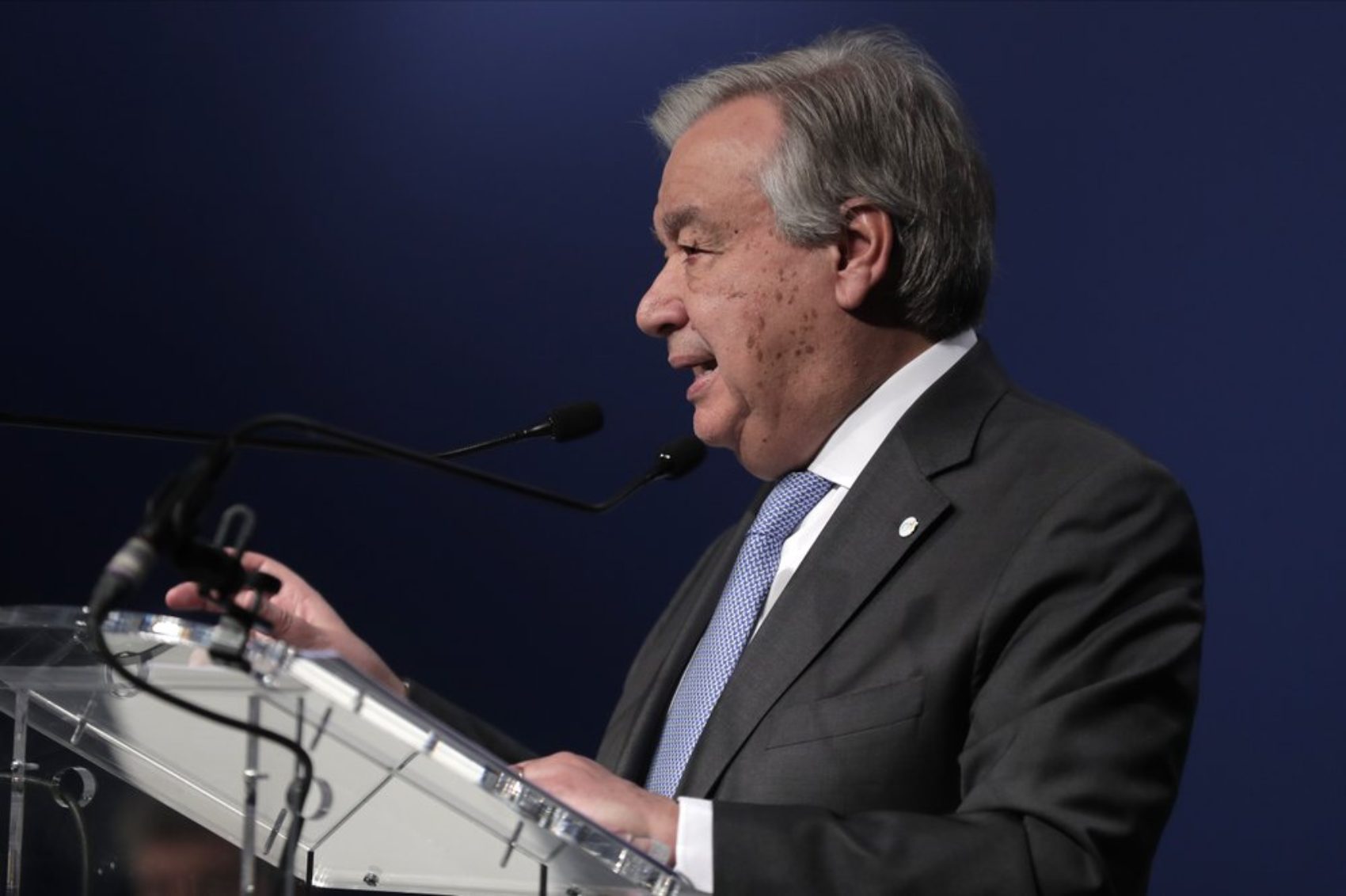
Antonio Guterres, Secretary-General of the United Nations delivers a speech at the COP25 climate talks summit in Madrid, Spain, Thursday, Dec. 12, 2019. Photo: AP Photo/Manu Fernandez
MADRID (AP): United Nations Secretary-General António Guterres urged countries and companies Thursday to tackle climate change, saying failure to do so would mean “economic disaster.”
Speaking at the annual U.N. climate meeting in Madrid, Guterres said fears that measures to cut greenhouse gas emissions would decimate existing industries ignored the opportunities arising from the ‘green economy.’
“For too long, vested interests have peddled the false story that economic growth and tackling climate change are incompatible,” the U.N. chief said. “This is nonsense.”
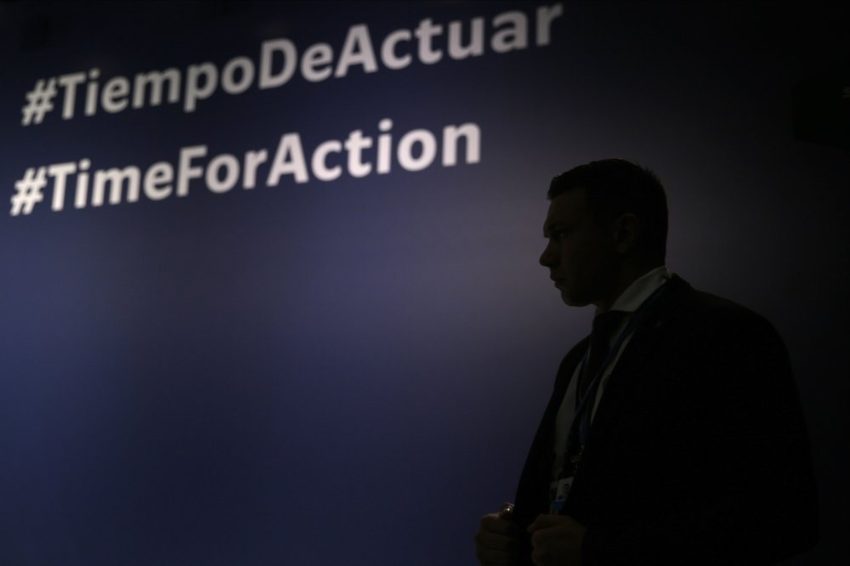
“In fact, failing to tackle global heating is a sure-fire recipe for economic disaster,” Guterres added.
He cited a study showing that shifting to a low-carbon economy could create 65 million new jobs worldwide by 2030 and boost growth by $26 trillion dollars.
Scientists say countries need to stop burning fossil fuels by 2050 at the latest to ensure global temperatures don’t rise more than 1.5 degrees Celsius (2.7 Fahrenheit) this century.
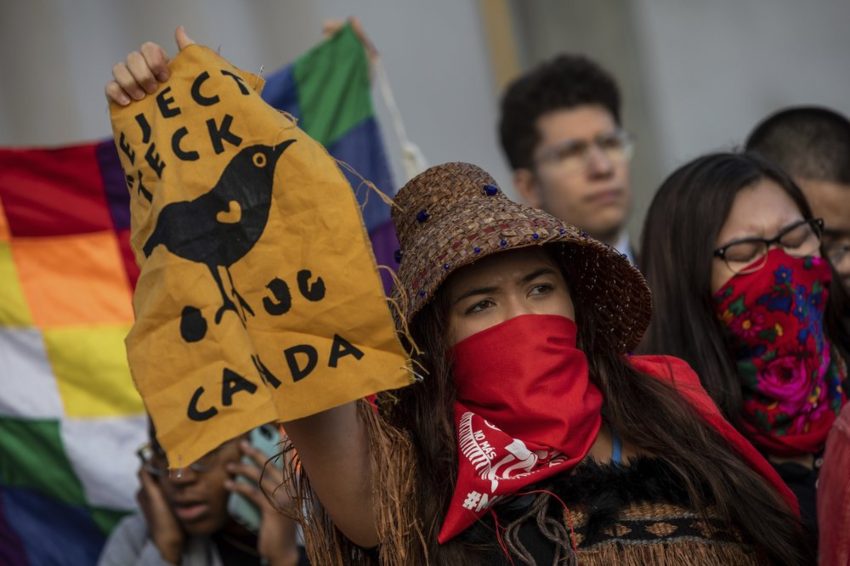
“This transition needs to be done to benefit everybody,” he said. “And not doing this transition will only allow, as I said, the survival of the richest.”
His remarks came as negotiations in Madrid officially entered their final two days, with agreements on key issues still out of reach.
Vulnerable countries expressed outrage over Australia’s bid to hold onto piles of emissions vouchers left over from a now-discredited system that would allow it to meet its climate commitments without reducing pollution.
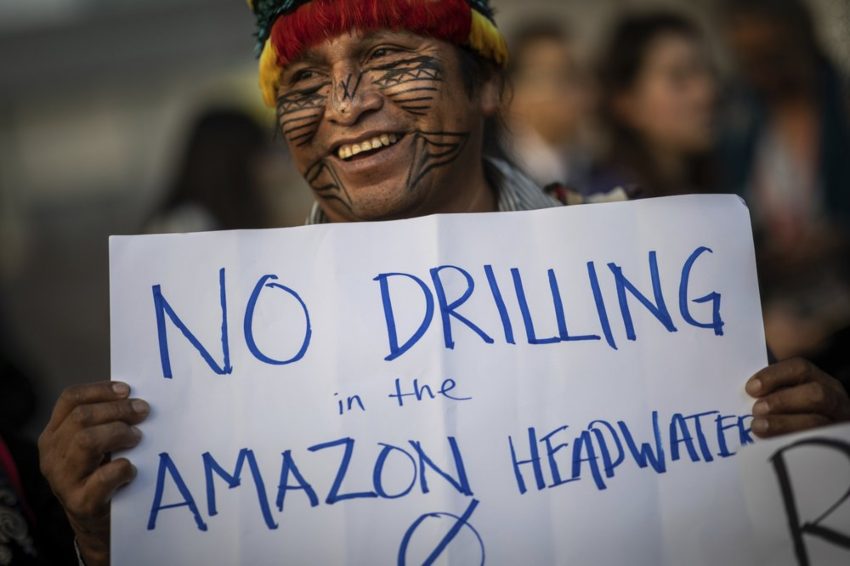
Talks to agree rules for global carbon markets and aid for poor countries already affected by climate change also made little progress.
Overnight, the U.N. climate office said it would let dozens of observers who were expelled from the meeting back into the venue.
Some 100 people were escorted off site Wednesday after some staged an impromptu demonstration outside a hall where Guterres was speaking.
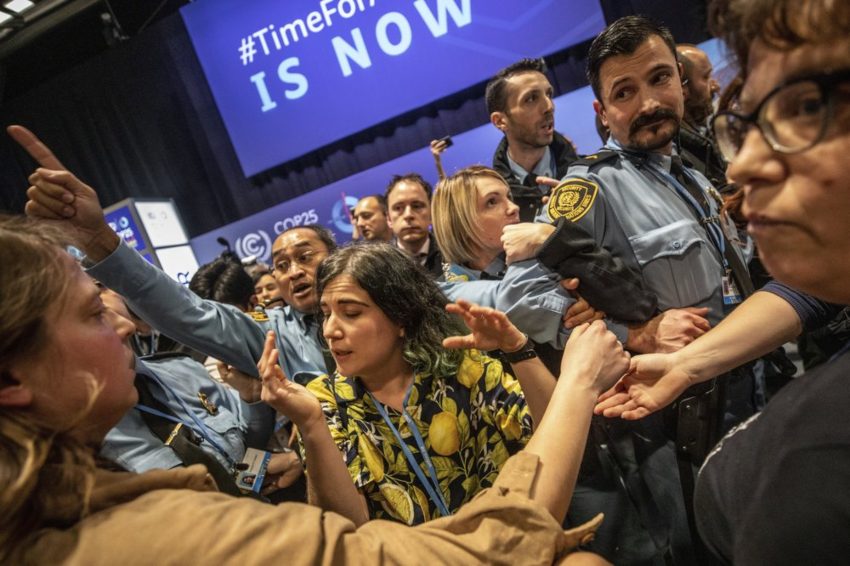
The protesters said they were angered by the slow pace of the talks and the apparent unwillingness of major greenhouse gas emitters to do more to curb global warming.
The U.N. climate office said Thursday that the protesters violated rules they had agreed to in advance to be accredited for the talks, including a prohibition on holding “unauthorized demonstrations.”
In a joint statement, representatives from the various groups said they would abide by the guidelines and seek permission before staging future protests.
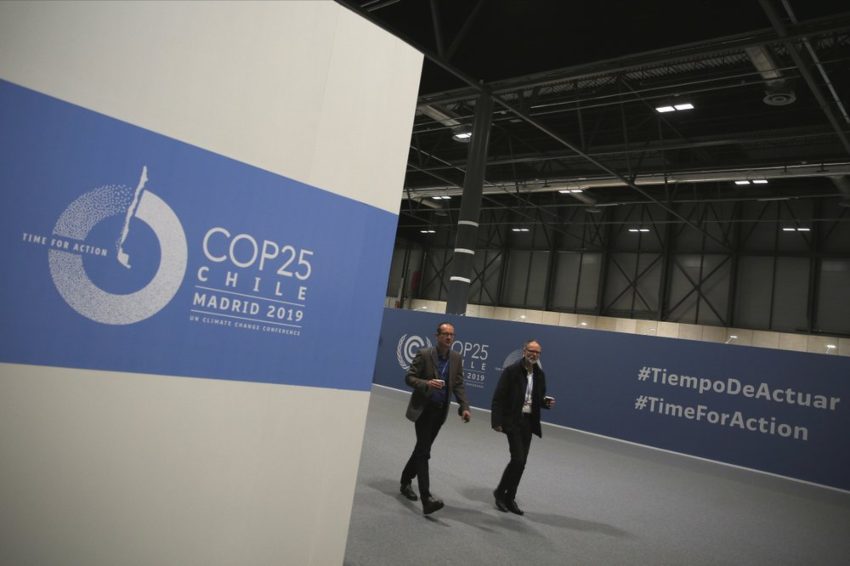
-
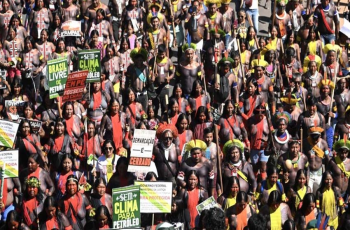
Indigenous people march in Brazil to demand land demarcation
2024-04-24 -
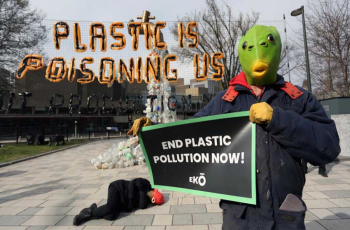
Talks on global plastic treaty begin in Canada
2024-04-24 -
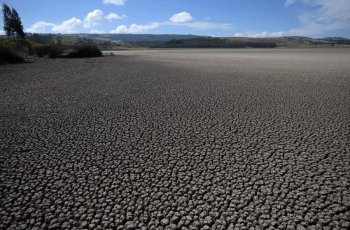
Colombian court recognizes environmental refugees
2024-04-24 -
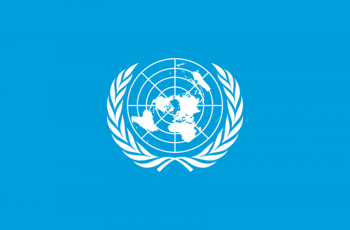
Asia hit hardest by climate and weather disasters last year, says UN
2024-04-23 -
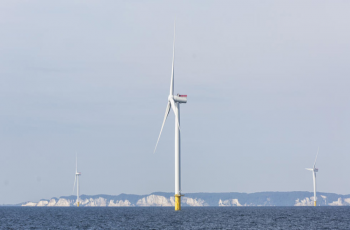
Denmark launches its biggest offshore wind farm tender
2024-04-22 -

Nobel laureate urges Iranians to protest 'war against women'
2024-04-22 -
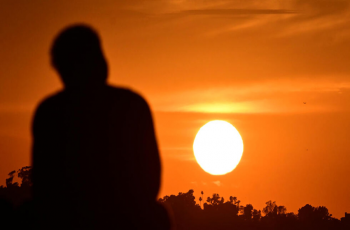
'Human-induced' climate change behind deadly Sahel heatwave: study
2024-04-21 -
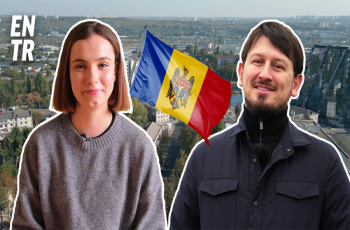
Moldovan youth is more than ready to join the EU
2024-04-18 -
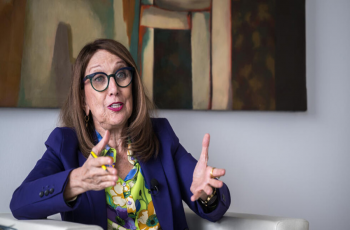
UN says solutions exist to rapidly ease debt burden of poor nations
2024-04-18 -
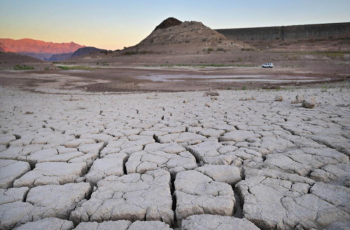
Climate impacts set to cut 2050 global GDP by nearly a fifth
2024-04-18
